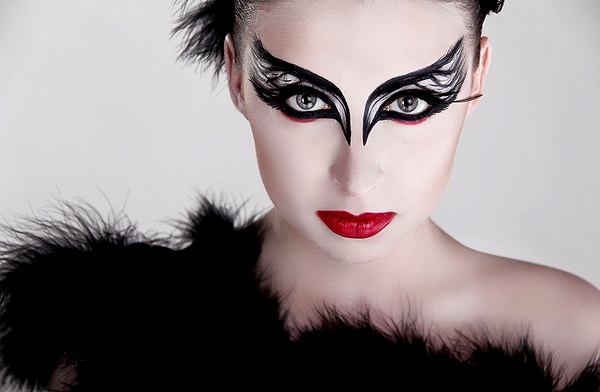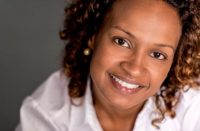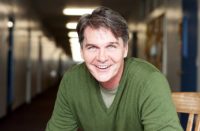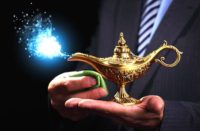Real family income of those in the bottom half of the income scale hasn’t increased since the late 1960s. Regardless of political affiliation, Americans tend to think wealth distribution ought to be more equal.
I’m rich. You must be, too.
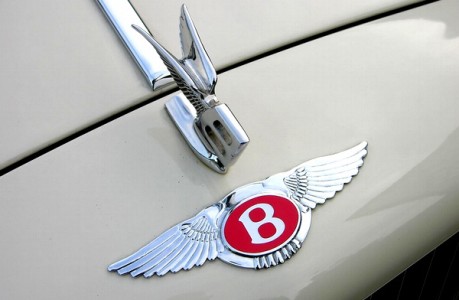 America’s wealthy have a distinctive culture. They differ from mainstream folks in the food they eat, the way they take care of their health, their child-rearing practices, the vacations they take, their entertainment choices, and the books they read (see: The rich are different). That’s okay—rich is not a four-letter word.
America’s wealthy have a distinctive culture. They differ from mainstream folks in the food they eat, the way they take care of their health, their child-rearing practices, the vacations they take, their entertainment choices, and the books they read (see: The rich are different). That’s okay—rich is not a four-letter word.
Many rich people have problems with perception, however. Since we don’t have accurate information about everyone, we sample from our own social circle to make sense of the world. But this sample may not actually be representative of greater society. Psychologists call this the representative heuristic, where we assume that a small sample is representative of a much larger population. And this “social sampling” influences how the wealthy view the rest of us (framing trap*).
In “Why Wealthier People Think People Are Wealthier” (2015), researchers found that wealthy people tend to associate with others who are also affluent. Based on their own experience, and their impression of neighbors and colleagues who are just as well off, they misperceived wealth across America as being much higher than it actually was. In turn, these skewed estimates lead them to believe that the distribution of wealth in the country is fair and they vigorously opposed any policies that might increase their taxes.
One for you, 19 for them.
Wall Street Journal columnist Robert Frank argues in Richistan that the rich are more different than ever. Richistanis are the twenty-first century’s nouveau riche, he says, with 400-foot-yachts, 30,000-square-foot homes, house staffs of more than 100, and their own “arborists.”
Battalions of high street accountants and lawyers manage and protect the moolah of these wealthy people. Navigating a mind-numbingly complex tax code with more pages than War and Peace and The Bible, their mission is to minimize or eliminate taxes for their clients. Glance at the annual report of any wealthy family foundation and you’ll see that they certainly earn their keep. Are you a normal wage-earner? Good luck, Chuck—you’re an army-of-one.
Oops—your (deposit) slip is showing!
In April, 2016 a massive data breach occurred at Mossack Fonseca, a little known but powerful Panamanian law firm. The company is one of the world’s top five creators of shell companies. While these accounts can have legitimate business uses, they can also be used for illegal purposes, including fraud, drug trafficking, money laundering, and tax evasion.
Aided by the International Consortium of Investigative Journalists, the anonymous release of more than 11.5 million documents (the “Panama Papers”) reveal a parallel universe where prominent politicians, executives, and celebrities hide their wealth offshore. But you don’t have to go to the British Virgin Islands or the Seychelles if you’re looking to stash a billion or two smackers in secrecy. Among the top 21 tax havens identified in the Panama Papers are Nevada and Wyoming. Don’t squat with your spurs on, dude…
F. Scott Fitzgerald: The rich are different from you and me.
Ernest Hemingway: Yes, they have more money.
~ “Ernest’s wisecrack,” by F. Scott Fitzgerald
* Questionable beliefs can “trap” our better judgment, leading to poor decisions and unintended consequences. Framing traps, like stereotypes, cloud how we interpret the world around us and affect the choices we make. Learn more about this, and other traps, in the Young Person’s Guide to Wisdom, Power, and Life Success.
Image credit: “Luxury summer recreation” by Olena Kachmar, licensed from 123rf.com (2016).





